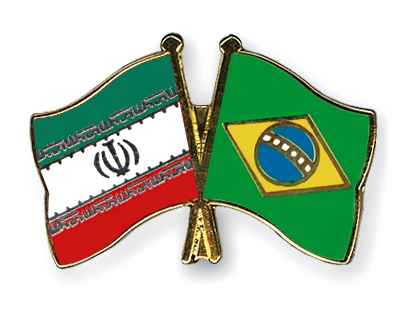 Brazil is seeking to increase its lead over India, Australia and the U.S. in meat exports by stepping up sales to Russia and the Middle East.
Brazil is seeking to increase its lead over India, Australia and the U.S. in meat exports by stepping up sales to Russia and the Middle East.
The South American country plans to hold talks with Russia, Iran and the United Arab Emirates as part of a goal of increasing beef and poultry shipments by 15 percent in a year, Agriculture Minister Neri Geller said yesterday in an interview from Brasilia.
The government of President Dilma Rousseff is looking to use decisions made at last week’s World Organization for Animal Health meeting to help build Brazil’s protein market share. At the meeting in Paris, the country retained its insignificant risk status for mad-cow disease and raised to 24 the number of states that are considered free of foot and mouth disease.
“We are having strong negotiations with Russia on this to open their market even more for our exports, and also for pork,” Geller said. “I’ll meet officials of countries such as Russia, Iran and the United Arab Emirates and Brazilian industry representatives to discuss ways to improve exports.”
Brazil is also negotiating to increase purchases of Russian wheat after Argentina imposed export restrictions.
Russia’s acceptance of Ukraine’s presidential election results last month has eased the threat of more sanctions against Russia’s economy after the country’s move to annex Crimea and back pro-Russian separatist movements in Ukraine.
Crop Outlook
Brazil exports about 2.03 million metric tons of meat, beef and veal compared with India’s 1.88 million tons, Australia’s 1.56 million tons and the U.S.’s 1.14 million tons, according to the U.S. Department of Agriculture.
Brazil’s efforts to increase exports comes as Sao Paulo-based JBS SA, the world’s biggest meat producer, engages in a bidding war with Tyson Foods Inc. for Hillshire Brands Co. as traditional meatpackers seek consumer brands to boost profit.
The government is looking to produce an additional 1.8 million tons of wheat from Brazil’s current crop, on top of the 6.9 million tons it forecast on May 8, while favorable planting weather is boosting corn prospects, Geller said.
“By the end of this crop our grain output will reach 194 million tons and I expect us to break the 200 million-ton barrier in the next crop,” he said. “The world needs Brazil to provide food and we’ll step up to the task. We’ll produce and have enough inventories to face any inflation pressure.
By Bloomberg
The Iran Project is not responsible for the content of quoted articles.

 QR code
QR code